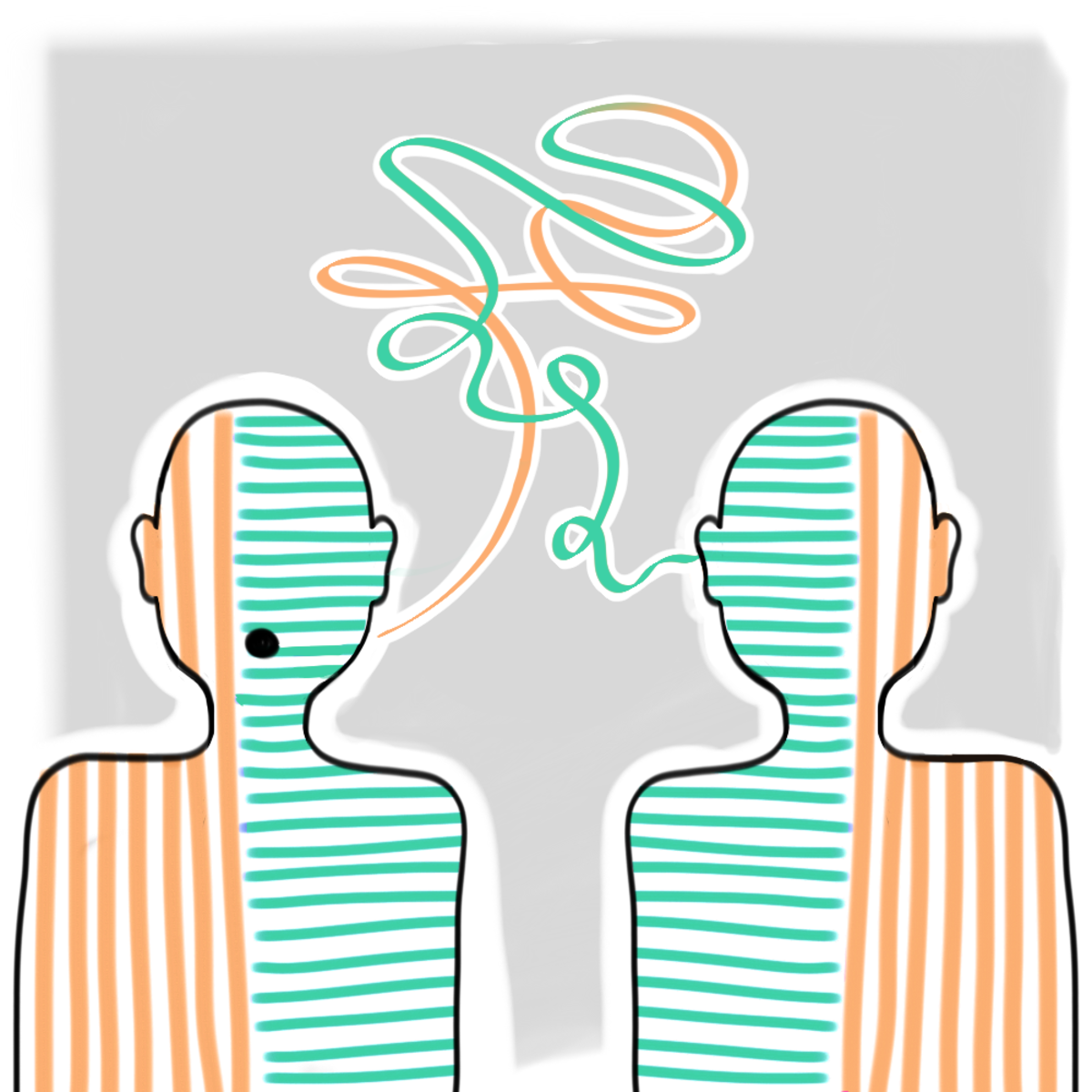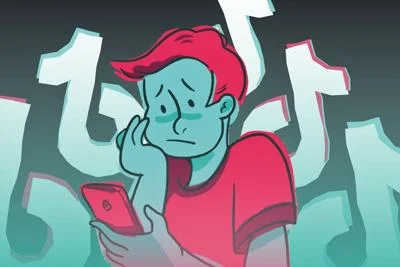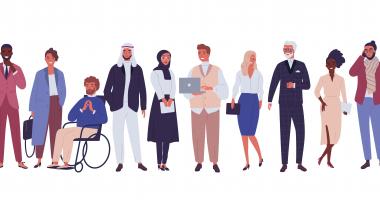What is code-switching?
Code-switching is by definition “the practice of alternating between two or more languages or varieties of language in conversation” (Oxford Languages). It is a strategy commonly used by Black people and many other minority groups to navigate social situations. Code-switching has effectively been a thing forever, when it was first given a name it was used as a linguistic term for those who spoke multiple languages. Code-switching doesn’t just apply to the tone that one speaks in–it can also apply to one’s sense of humor, appearance, or behavior. It can be used as a way to “fit in” in any given situation, or in a more strategic way to appear more approachable or similar to whoever one is interacting with. The concept of code switching dates back extremely far including in the legacy of slavery and the African Diaspora. The African Diaspora has led to extremely rich language varieties and cultural practices. As a result, code-switching refers to a wide range of identities in “black culture.”
Other peoples experiences and opinions on code switching:
Our very own Candice Ashton had some things to say about code-switching. When I asked her “How is Sandy Spring’s culture different from where you previously worked?” She said that she had previously worked at a DC public charter so Sandy Spring is very different. She said “while there is a shared value for community and stewardship, my previous school had an almost completely Black student body and was in the city. There were more rules and more structure.” As another response to the question “Is code-switching exhausting? If so, how much energy does code switching take?” Candice said that code switching is in fact exhausting, and she said that’s one of the reasons she decided to stop. From my own experiences and what I’ve heard from others, align exactly with what she says. She says that always having to watch how you speak and not being able to feel relaxed while trying to learn is just too difficult and it takes a lot of emotional energy.
My experiences with code switching:
Code-switching is something I’ve done often throughout nearly my entire life, but not necessarily on purpose. There weren’t many Black kids where I grew up, so off the bat I was under exposed to an entire half of my culture being half black. As I began to get into basketball, through different teams and leagues, I started interacting with and being around a more diverse crowd. Immediately, I knew I talked and sounded different. I didn’t sound “Black enough” but at the same time I wasn’t “white enough” with the groups of kids I was around on a daily basis. I’d go on to feel that same feeling of not being white or Black enough for years, all throughout middle school up until 8th grade. That’s when I started to really find my identity, what was most comfortable for me, and the types of people I felt the most comfortable around. I started to get more “in touch” with my Black side and that just happened to be the side I was more comfortable with. This is different for everybody who experiences this and neither way is “incorrect!” but learning to be yourself, unapologetically, is something that’s very important for finding peace in yourself.
But while learning to be yourself unapologetically is a good thing for oneself, some people who are “unapologetically Black” are commonly mistaken for “aggressive.” But simply not bending over backwards and changing how you act just to make someone else feel a little more comfortable isn’t “aggressive.” Sometimes people need to understand that not everyone is going to change for their liking.
How does code-switching affect someone?
Black fatigue is defined by author and top ten diversity trailblazer by Forbes, Mary-Frances Winters as “repeated variations of stress that results in extreme exhaustion and causes mental, physical, and spiritual maladies that are passed down from generation to generation.” Code switching is one of the strongest factors that contribute to Black fatigue. Having to adjust how you speak and act constantly throughout the day is very exhausting. Constantly tiptoeing around one’s identity, always struggling to know how people would react, can lead to significant psychological distress. This mental need to adapt puts a strain on one’s sense of self and belonging, increasing the feeling of being alienated. Ultimately, the effect of code switching perpetuates the cycle of black fatigue which reinforces the systemic inequalities and hinders personal well-being.
So how can we help as a community?
As a community, having an understanding and actually trying to build connections between cultures is extremely important. I’d say SSFS does a pretty good job at that, but it doesn’t just stop with what the faculty does to build those connections. It’s upon the students to do more than just talking to those of a different culture, but to understand those cultures and be open to them, so they don’t feel “shocking” or “weird”.








